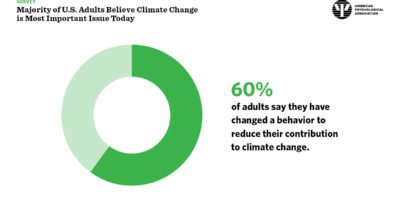When it comes to your mental health and your recovery journey, one of the best things you can do is “keep the end in mind”. It’s one of the 7 steps of highly effective people, and we think that with the right tools and help you can do or be anything! Although, picturing a life free from addiction or healed of mental illness isn’t the only challenge. The question that we’re asking is, how do I get there?
It’s a simple as setting goals. More specifically, SMART ones. Every step you need to take is in the name!
Be Specific.
Can you answer the 5 W’s? What do you want to accomplish? Why is this goal important? Who is involved? Where is located? What resources or limits are involved? For example, instead of saying “I want to be free of social anxiety” Try a goal like “I want to gain the confidence I need in myself to feel at ease in a social setting”
Be Measurable.
How will you know when you’ve accomplished your goal?
Be Achievable.
Be honest. Is this a realistic goal within the next year? If not, that’s okay! It just means that you should start smaller. The good news about starting small is that you’re more likely to get it done!
Be relevant.
How much does this goal matter to you? Does it align with your other efforts/needs for the year? When it comes to achieving goals, less is more!
Be Time-bound.
Having a deadline helps to keep your goals in view! Otherwise daily tasks become the priority, and before you know it you have the same goals for the next year as you did this year.
Form sub-goals or habits.
Although this isn’t part of the acronym, we’d say it’s one of the most helpful things to do when it comes to achieving your SMART goals! Try answering these questions:
What’s one thing that I can do today to achieve this goal?
Where should I be 6 months from now?
Is there anything in my daily routine that needs to change? (need some help forming better habits? Check out our blog!)



